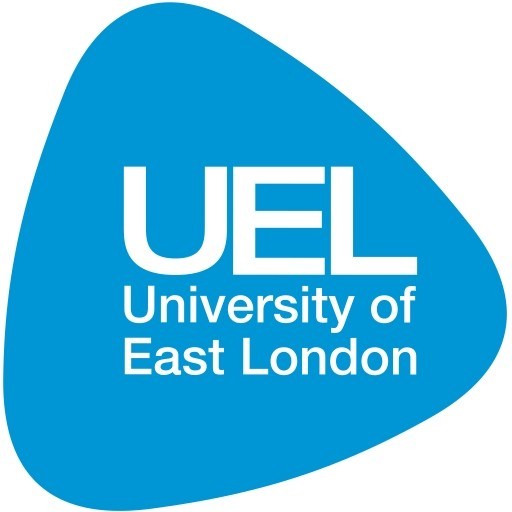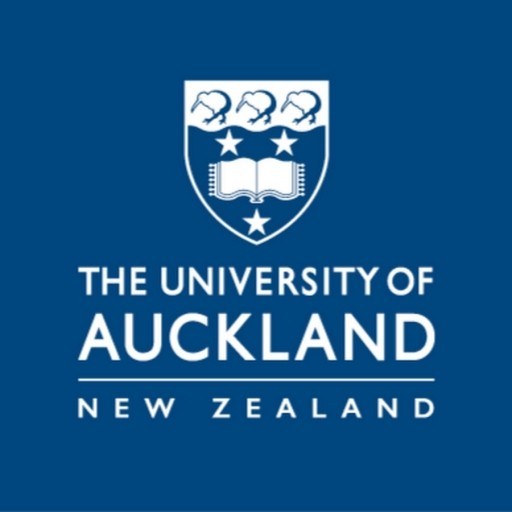Photos of university / #universityofeastlondon
Description
Advertisement
Programme content
The Professional Doctorate in Fine Art is a practice based Research Degree programme. With its greater emphasis on practice it is more appropriate for many artists than a PhD. The aim of this programme is to enable students to develop and to demonstrate a high level of professional practice through their research and creative practice. The programme provides a critical dialogue linking theory with creative practice. The written element supports and reflects on the practice, which represents the main part of the original research.
Professional Doctorate in Fine Art at UEL
* The Professional Doctorate in Fine Art is a unique programme in the UK which offers, beyond MA level, a higher degree in Fine Art research with the emphasis on studio practice with professional outcomes.
* The early part of the programme, as in a PhD, focuses on the registration of the students research proposal. The proposal underpins creative practice research, resulting in a final examination by exhibition, with a written report critically reflecting on the practice. The student is encouraged and expected to combine this research with professional practice in the public domain.
* The programme lasts 4 years (f/t) or 6 years (p/t).
* The student is supported throughout their programme of study by the programme leader. Each student is allocated a Director of Studies and a 2nd supervisor who have expertise in the students research field.
* The programme has a dedicated staff team who are all practicing artists or theoreticians, and the visiting artists programme draws upon artists of international reputation based in London.
* Students also receive tutorials from any member of the Fine Art staff team and, where appropriate, as part of the visiting artists programme and are encouraged to attend any part of the Universitys many BA and MA lecture programmes relevant to their research.
* The doctorate is part of the Fine Art subject area, which is located at the Docklands Campus, close to City Airport. The Campus is visually and architecturally stunning and is served by the Docklands Light Railway, with Cyprus station being right on campus.
Contents
Those students who are required to take the Level M modules of the programme will study these modules in Year 1.
During the second year of the Programme the emphasis is on preparation and registration of the research proposal. There is a Fine Art Research Methodologies module at M level in the second year to support the writing of the Research Proposal.
In the second year there is also a taught element to the programme- Advanced Professional Practice, which comprises seminars, crits, tutorials, mid-year exhibition and end of year Showcase exhibition.
The third and fourth years are individual research based. During this time students develop their personal professional practice, research and theory.
The programme provides a critical dialogue linking theory with creative practice.
The Professional Doctorate programme is delivered by supervision of research in theory, creative and professional practice. It involves exhibition seminars, and an Annual Review Paper and an annual Showcase exhibition.
The Visiting Artists programme includes presentations and discussions, studio and gallery visits.
The taught element of the programme represents less than half of the total programme measured by student effort.
Requirements
Students will need to attain a first degree to enter onto this programme; this should be a first or 2:1 degree classification. Students are accepted onto the programme with evidence of significant advanced and continuing sustained professional practice. Prospective students are also required to submit a proposal of study for their research at Doctoral level.
All applicants are interviewed with a portfolio of work by two members of staff.
The same admissions criteria apply for part time students.
Exceptionally, applications are considered from overseas students without interview. In this case the application should be submitted with all necessary references, CV, clear research outline with evidence of practice in the form of a CD or electronic portfolio submission, and a telephone number so that a telephone interview can take place/application can be discussed if there are any points that need clarifying. At least two members of academic staff will review each application before a decision is made.
Applicants with either prior-certified learning or prior-experiential learning that closely matches the specified learning outcomes of the taught part of the programme may be able to claim exemption via agreed university procedures. No exemption can be claimed against the research part of the programme or in situations where a professional body excludes it.
At UEL we are committed to working together to build a learning community founded on equality of opportunity - a learning community which celebrates the rich diversity of our student and staff populations. Discriminatory behaviour has no place in our community and will not be tolerated. Within a spirit of respecting difference, our equality and diversity policies promise fair treatment and equality of opportunity for all. In pursuing this aim, we want people applying for a place at UEL to feel valued and know that the process and experience will be transparent and fair and no one will be refused access on the grounds of any protected characteristic stated in the Equality Act 2010.
English Language Requirements
IELTS band: 7
IMPORTANT NOTE: Since April 2014 the ETS tests (including TOEFL and TOEIC) are no longer accepted for Tier 4 visa applications to the United Kingdom. The university might still accept these tests to admit you to the university, but if you require a Tier 4 visa to enter the UK and begin your degree programme, these tests will not be sufficient to obtain your Visa.
The IELTS test is most widely accepted by universities and is also accepted for Tier 4 visas to the UK- learn more.
Want to improve your English level for admission?
Prepare for the program requirements with English Online by the British Council.
- ✔️ Flexible study schedule
- ✔️ Experienced teachers
- ✔️ Certificate upon completion
📘 Recommended for students with an IELTS level of 6.0 or below.
More
Accreditation
The DFA is the largest and most long-standing Professional Doctorate in Fine Art in the UK. The group culture and the centralised structure of the programme are unique. It differs from practice-led PhDs in that the student arrives with an art practice to be analysed and developed rather than a 'project' to be carried out. Theoretical and contemporary art research is at all times in the service of creative practice.











